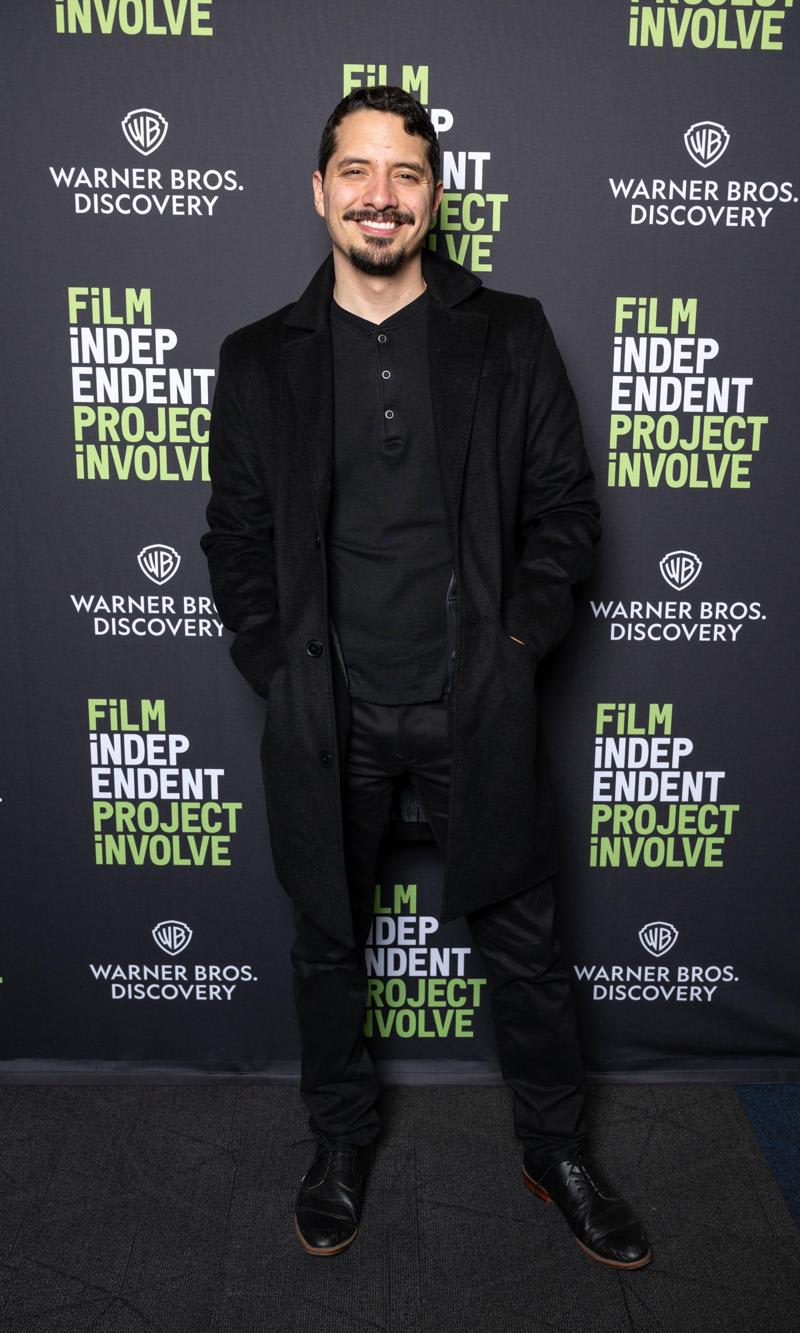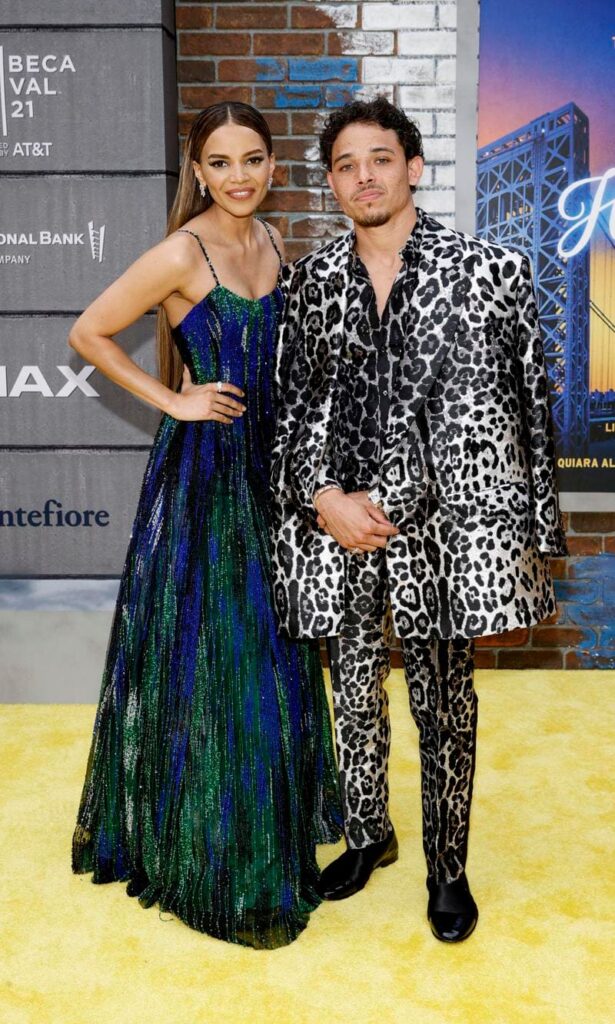Latinos make up a large part of the U.S. While we see ourselves in our families and understand the differences between being of Mexican descent versus of Venezuelan, Hollywood is still struggling to grasp this. Over the past few years there have been more and more films, TV shows, and plays discussing the Latino experience, placing value on their intricacies. Better yet, these stories are reaching their intended audiences, speaking to communities that have longed to feel seen and understood. There’s still a long way to go though, which is why initiatives like McDonald’s Spotlight Dorado are necessary.
Spotlight Dorado is a contest that’s intended to fuel Latino creativity for years, providing filmmakers with money and orientation, and thus maximizing their odds of success. The contest selects three winners, providing them with $75,000 to make their own film and with the opportunity for their work to be seen by thousands. Winners will also be mentored by some of the leading Latino creatives in Hollywood, from actors like Anthony Ramos (“In the Heights,” and the upcoming “Transformers: Rise of the Beasts”), and writers like Gloria Calderon Kellet (“One Day at a Time”).
In an exclusive interview with HOLA! USA, Anthony Ramos and Jesus Celaya (the inaugural winner of Spotlight Dorado, and director of the film “Lucha Noir”) spoke about the contest’s importance, representation in Hollywood, and some of their favorite stories that star Latinos. Ramos also talked about his experience making “Transformers: Rise of the Beasts,” and revealed that he got his driver’s license while making the film.
Anthony, I wanted to start off by asking about your work with Spotlight Dorado and your mentorship of Latino artists.
Anthony Ramos (AR): I was excited when I got the call to work with Spotlight Dorado. I had no idea they were doing this. And it was a gift to be asked to come here and work with Latino filmmakers. People can apply for free. The deadline is April 21st, by the way, for anybody who wants to apply for the next round. The contest picks three filmmakers and they give them $75,000 to make a short film. Like, that’s not a little bit of money, you know?
Jesus Celaya (JC): Yeah. There’s also a judging process near the end where all three films that were made are screened on a national level.
AR: Right. And then people will vote on their favorite, but all three of them are winners, you know? They got 75K to make their movie, and the movie then lives on forever. That’s three more films made by Latino filmmakers that didn’t exist before. That’s how real growth happens. It’s a blessing to be a part of this and to mentor filmmakers in any way that I can, and maybe even collaborate and grow. These are my peers. I’m always trying to collaborate with other Latino actors, producers, directors, and musicians.
Jesus, how has winning this contest impacted your career?
JC: Winning has colored every conversation I’ve had since. It’s hit in a big way with the Latino community in Hollywood. I was also featured in the LA Times, which was a big surprise for me. It’s crazy, but you feel that responsibility, not just to carry on and do well yourself, but it’s like I become an opportunity. If I go on and do the next film, and the next, and the next, it all began with Spotlight Dorado, which opens more opportunities for other people.
I know we talk a lot about diversity and representation. What does good representation mean to you both?
AR: What a question… Good representation is having diverse people in the positions of making and creating things. It’s not just art, but also tech. It’s anywhere where we can create and have some influence in the world, you know what I’m saying? Where we’re impacting a large number of people. Giving them an opportunity and creating the chance for as many people to be represented in that space, for them to see different perspectives. To be able to come together and create something that shows different cultures and backgrounds coming together. For one united vision as opposed to just one or two separate ones.
Good representation is really just about being intentional, seeing where the numbers are low and saying, ‘Yo, this is where the need is.’ You know, we’re still gonna hire the best, but let’s work a little harder to find the best who might look different.
JC: Also, representation is power. A visible culture is a strong one. And, you know, the more Anthony Ramos there are out there, the more Jesus Celaya, the better. That way we can express what we got. It’s beautiful when you have a culture as diverse as ours, from down south in the Andes to Argentina with the tango to the deserts in Mexico. We got so much to give from so many different places. Spotlights like these are looking for that.
Anthony, I also wanted to talk about “Transformers: Rise of the Beasts.” I read that you got your driver’s license a little while ago. Was that a challenge when you were involved in a film filled with transforming cars and driving stunts?
AR: Oh, a hundred percent (laughs). I had a two-week window to get my license. I mean, I had been practicing for a minute at the local driving school in Brooklyn. I was driving around the streets, learning the basics, parallel park, U-turn, check your mirrors. But for the movie, I had a two-week window. I had to quarantine. I went into rehearsal, and then I was coming back for the premiere of “In the Heights,” my director was like, ‘Yo, it would really be great if you got your license for this film.’ I was like ‘Absolutely. I can’t wait. It’s about time. I was 29 at the time.’
Thankfully, my management team, God bless their hearts and souls and diligence, got me the one appointment that was so difficult to get to get. I took the test and I got it in my mom’s car (laughs). Hell yeah. I’m excited tio have it now and forever. It feels better than winning any award. And I didn’t drive once in the movie, so how about that?

I also wanted to ask about some of the Latino films that you love and have inspired you.
JC: I grew up watching a lot of the Golden Age of Mexican cinema. Maria Felix and Pedro Infante. Those movies still have a magical quality to me. It’s something that’s tough to recreate or figure out what was going on, but every once in a while I’ll go back to remember where it all started.
AR: Yeah, for me it’s a little bit of a mixed bag. An artist here, a movie there. “The Original Latin Kings of Comedy” was one of my favorite things to watch all the time. I’d just be with my cousins and we’d all be laughing at the same jokes. You know, the George Lopez set where he’s talking about how his parents are like ‘Wait for me!’ for no reason, all the time. And then when they’re like ‘Be in line, get in line!’ You don’t even know what the line is for, you know? But it just made me think of my mom. Also watching “In The Heights” on Broadway for the first time. That was one of the most inspiring things I’ve ever seen.
Seeing John Leguizamo in “Ghetto Clown,” which is one of my favorite plays. That was one of the most inspiring nights I’ve ever had in any live event, you know? So it expands beyond movies. Also watching Benicio Del Toro. His performance at “Escape at Dannemora” is crazy. Also, Pedro Pascal in “The Last of Us.” Those are not specifically Latino movies and shows, but they are Latino leading actors shining and having an opportunity to give it their all.
This interview has been condensed and edited for clarity.

